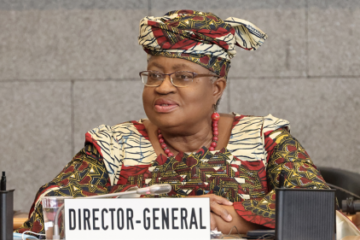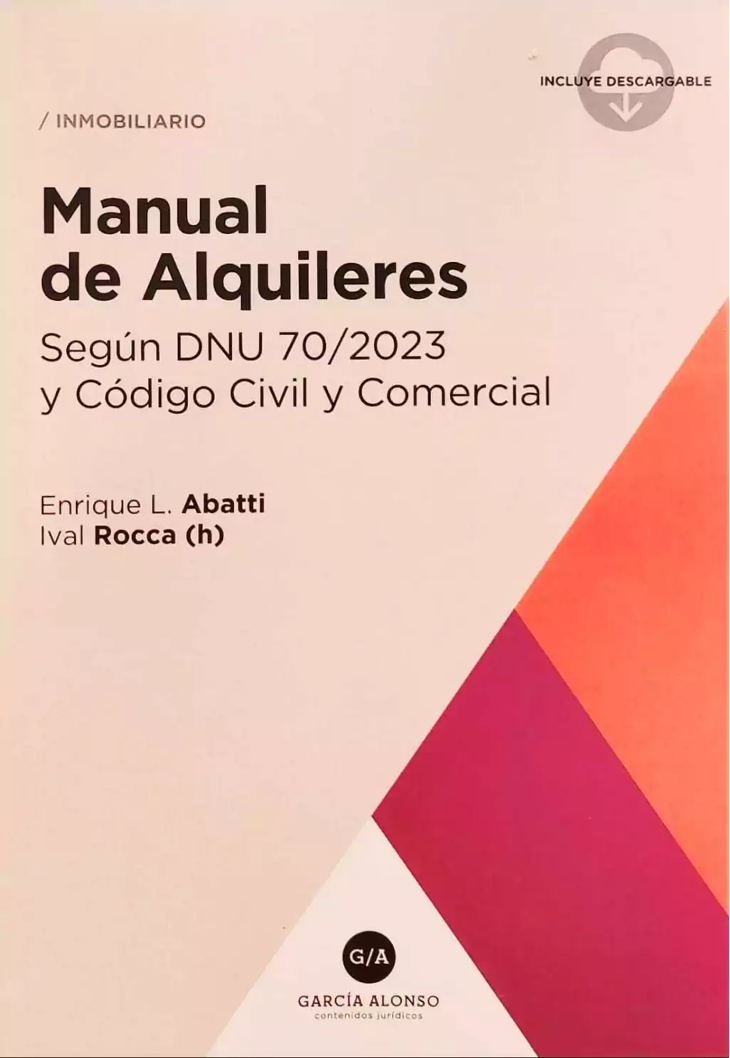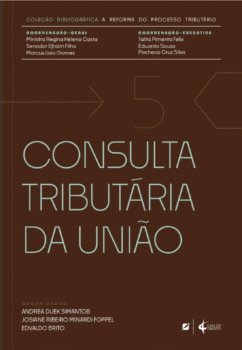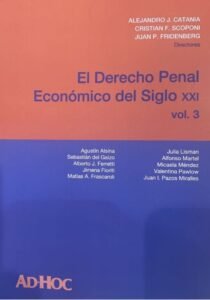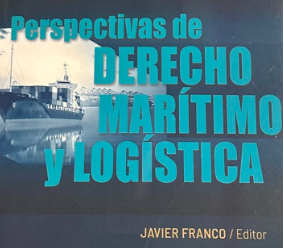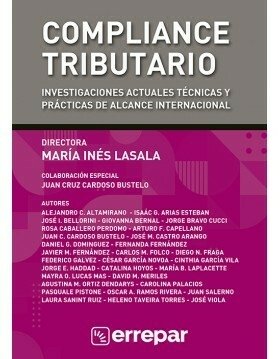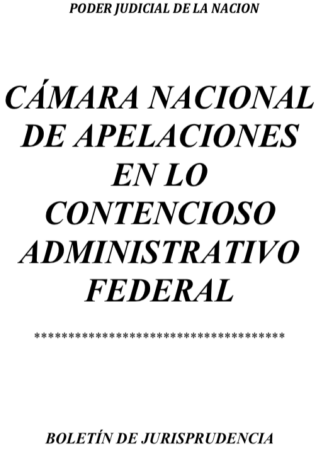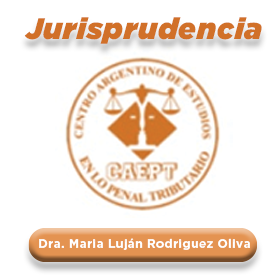OMC -Progreso en negociaciones sobre comercio electrónico y cuestiones de datos
En una reunión dedicada a las negociaciones sobre el comercio electrónico que se celebró el 20 de mayo, el coorganizador y Embajador George Mina (Australia) instó a los Miembros de la OMC a que encauzaran la labor de los pequeños grupos hacia una fase de “convergencia más firme e intensiva”. Afirmó que el tiempo que quedada de aquí a la Duodécima Conferencia Ministerial es “absolutamente decisivo” si los Miembros desean hacer realidad la ambición compartida de lograr avances sustanciales para diciembre de este año.
Updates from small group discussions
The facilitators of small group discussions shared updates on progress made in the work to bridge the differences on text proposals in areas such as open internet access, open government data, online consumer protection and paperless trading.
The co-convenors — Australia, Japan and Singapore — believe that a “clean”text on an additional four topics is within reach by the summer break. These comprise open government data, e-contracts, online consumer protection and paperless trading.
The initiative has so far finalised two negotiating texts on unsolicited messages, otherwise known as spam, and electronic signatures and authentication. A new small group was established on electronic transactions frameworks and will start working based on proposals submitted by members.
Flow of information
Participating members focussed their discussions on flow of information, which was last discussed at a plenary meeting in October 2019. Members revisited text proposals on cross-border data flows and localisation of computing facilities — servers used to store and process information. The discussions also covered text proposals on the location of financial computing facilities for covered financial service suppliers. Members acknowledge the importance of the free flow of data across borders as an enabler for business activity and a facilitator of digital trade.
Ahead of the discussion on data flow, Ambassador Hung Seng Tan (Singapore), co-convenor of the initiative, highlighted the need to have clear rules in this area to spur digital innovation, provide business certainty and support post-pandemic economic recovery.
Ambassador Tan said provisions that enable and promote data flows are key to an ambitious and commercially meaningful outcome. He stressed that cross-border data flows support digital inclusion, as witnessed during the COVID-19 pandemic, where entrepreneurs, start-ups and small businesses were enabled to participate in the global digital economy more efficiently.
To help deepen members’ understanding of the issues, the participating members heard presentations from the WTO Secretariat, the Organisation for Economic Co-operation and Development, the Brookings Institute and Singapore’s Infocomm Media Development Authority.
In his concluding remarks, Ambassador Kazuyuki Yamazaki (Japan), co-convenor of the initiative, said provisions that enable and promote the flow of data are key to a high standard and commercially meaningful outcome for the negotiations. At the same time, members must be mindful of the development aspect, such as the digital divide and capacity building needs, to achieve an inclusive outcome through the negotiations.
He added that the initiative needs to ensure appropriate policy space that accommodates different circumstances of the participating members.
Ambassador Yamazaki said that members need to continue constructive discussions on how to incorporate the future outcome of these negotiations into the WTO framework with a solution-oriented mind. He stressed that the negotiations need to address both the rules and market access issues.
Fuente: OMC




